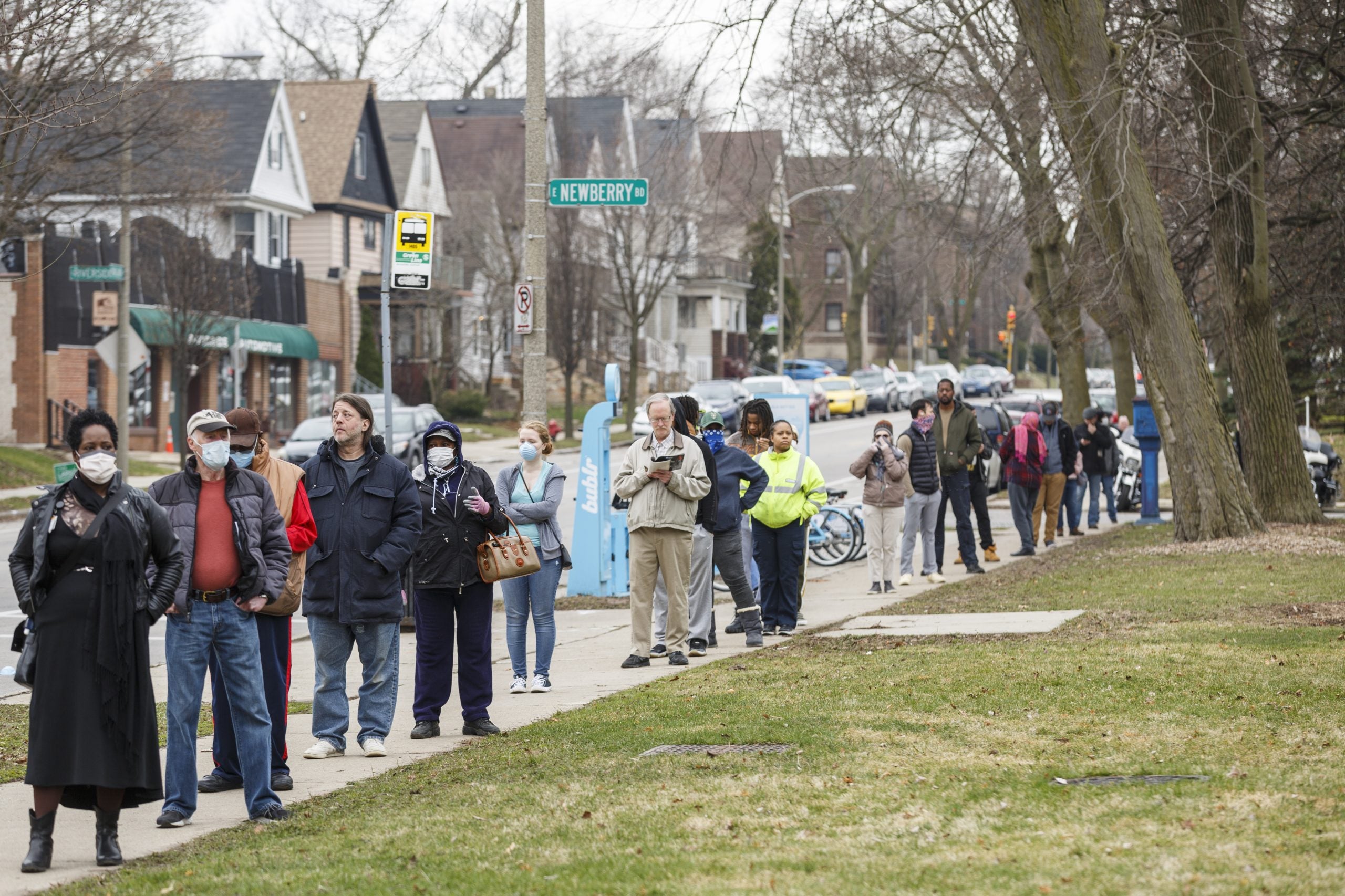
Wisconsin Gov. Tony Evers attempt to extend the state’s stay-at-home order has been ended after the Wisconsin Supreme Court’s conservative-leaning majority quashed the decision, signaling that it was an overreach of executive power, the Washington Post reports.
“Isn’t it the very definition of tyranny for one person to order people to be imprisoned for going to work, among other ordinarily lawful activities?” Justice Rebecca Bradley queried, the report notes.
The decision reins in Evers’s powers to make statewide rules during emergencies, mandating that he work with the state legislature with how to handle emergencies, such as the current coronavirus pandemic.
It does not target the governor’s power to declare an emergency, the Wisconsin Supreme Court clarified, “but in the case of a pandemic, which lasts month after month, the governor cannot rely on emergency powers indefinitely.”
Evers expressed his disappointment in the decision, saying that the state “was in a pretty good place,” but now “Republican legislators have convinced four justices to throw our state into chaos.”
In her dissent, Justice Rebecca Dallet slammed the court’s majority decision, noting that it “will undoubtedly go down as one of the most blatant examples of judicial activism in this court’s history. And it will be Wisconsinites who pay the price.”
In early April, the Wisconsin Supreme Court first drew media attention after voting along ideological lines, blocking Evers’s decision, not to delay the state’s primary until June.
As a result, the elections went forward as usual, with in-person voting being conducted, even amid the stay-at-home order. That decision was decried by lawmakers, activists and advocacy groups alike as just another form of voter suppression.
Last Thursday, the state Department of Health Services revealed that at least 67 Wisconsin residents tested positive for coronavirus after voting in person or working at the polls. However, it is difficult to say exactly how many infections were caused by the election directly, as some of those who got ill had other possible points of exposure.
